|
You have studied all the phonics and have been working hard on learning words and grammar but you feel like your pronunciation could be improved. Well here are three tips that are simple but can make a lot of difference.
1. Is you emPHAsis on the wrong syllABLE? Emphasis can seem like a little thing but it can make a lot of difference to how a word sounds. In Scottish Gaelic the emphasis is almost always on the first syllable. Here are some examples: agam ---> AGam ionnsachadh --->IONNsachadh madainn -----> MADainn As with any rule there are a few exceptions. Words that have an accent in another syllable will have the emphasis on the accented syllable i.e. buntàta. Words that are barrowed from other languages may have different emphasis as well. The last main exception are words that used to be two words such as airson, which used to be air son. 2. Voiced and unvoiced letters There are some sounds that use the same mouth shape but make two different sounds depending on whether or not you use your voice. These are called voiced/unvoiced letter pairs. There are three of them in Scottish Gaelic: voiced unvoiced D T G C B P In Scottish Gaelic if the voiced letter is the first letter in the word it will make its proper voiced sound. However if it is in the middle or the end of the word it will most likely change to the unvoiced version. Here are some examples: agad sounds like akat leabaidh sounds like leapaidh madainn sounds like matainn A lot of the unvoiced D's in the middle and ends of words in old spelling have been changed to T's in new spelling. Such as èisd/èist, an-dràsda/ an-dràsta. So depending on when and where the Gaelic you are reading was written there will bi more or less of these voiced/unvoiced letters. 3. Those crazy double letters There are three letter that double in Gaelic, L, N,R. You may recognize this gang of letters as they hang out together a lot. When one of these letters doubles it makes a change to the vowel next to it. These sound changes are really important because they often make the difference between one word and another. Here are some examples: sin sounds like shin sinn sound like sheen an sounds like an (ie English an apple) ann sounds like awn tòl sounds like toll (English) toll sounds like tawl The first four examples there are things you will likely use in daily conversation and getting them right can go a long way toward making your Gaelic sound good.
0 Comments
Tha mi a' cur mìosachan ri cheile. Mìosachan le beòthaichean Albanach ann. 'S e seo an trioblaid agam, tha cuis dealbhan air buthaidean agam. Is toil leamsa iad uile. 'S e buthaidean an t-eun as as fheàrr leam. Bidh mi fhìn agus mo sheanair a' cur deabhan de buthaidean dhan a chèile.
Co-dhiubh chan urrainn dhomh tagh a dhèanamh agus tha feum agam air ur cuideachd. Dè am buthaid as fheàrr leibhse? So I'm putting together a calender of Scottish wildlife. This is the problem, I have too many puffin pictures. I like them all. Puffins are my favorite bird. My grandfather and I send pictures of puffins to each other. Anyway I can't decided and I need your help. What is your favorite puffin? Gheall mi brath-bloga a sgrìobhadh a h-uile latha den mìos seo agus tha mi air aon seachdain a dhèanamh a-nis. Bha e nas doirbh agus nas fheàrr na bha mi an dùil.
Dè tha sibh fhèin a' dèanamh airson Mìos na Gàidhlig? An do rinn sibh rudan an seachdan seo chaidh? A bheil planaichean agaibh? Nach innse sibh dhomh. I promised to write a blog post every day this month and I have done one week. It was both harder and better than I was expecting. What are you doing for Mìos na Gàidhlig? Did you do anything this last week? Do you have plans? Share what you are doing in the comments section. :) I'd love to see numbers of Gaelic speakers rise and rise, to see the percentage of Gaelic speakers reach 10% or higher of the population of Scotland and for people all over the world to know about and respect Gaelic. But these are not personal goals. I may be contributing in a small way but I can't measure myself against that.
My personal goals are to continue learning Gaelic, to keep improving and learning and using new words and to communicate with people in Gaelic. What are your goals for your self regarding Gaelic? Some people want to know just a little Gaelic. Some people want to be able to have an every day conversation. Some want to have perfect grammar. Some want to write academic papers in Gaelic.These are all good goals and the best goal for you is the one you want. Because there are so many people who care so very much about Gaelic there can be some pressure to work towards a goal that isn't your own. So my advice is, set clear goals for yourself and work towards them in a way that works for you and know that whether your goal is 10 words or complete fluency, that you are contributing positively to the state of the Gaelic language and don't forget to have fun while learning. (more on having fun in tomorrow's post) A chionns gur e toiseach Mìos na Gàidhlig a th' ann tha mi airson bruidhinn air tòiseachaidhean. Dè an sgeulachd agaibhse? Seo an tè agamsa.
It seems to me that so many people I talk to have begun their interest in Gaelic with one small thing. For me it was when I found a copy of "Teach Yourself Gaelic" in my local bookstore when I was in high school. There was only one copy and that was the only time they ever had it or any other book about Scottish Gaelic ( I was in there every week checking out their language section). There were a few other things that happened which helped me on my road to learning Gaelic but it was that one small thing that got me started. Many people have similar stories, a throw away comment that caught their interest, a sound clip in a computer program, a few lines in a book. All these little things that in a moment sparked interest, brought Gaelic to the forefront of peoples minds and changed the course of their life. What are the little things that brought you to Gaelic? Please share your stories in the comments. :) |
Details
AuthorsCaroline has been involved with Gaelic for more than 18 years. She has degrees in Celtic Studies and Gaelic Medium Teaching. Archives
March 2021
Categories
All
|
Proudly powered by Weebly

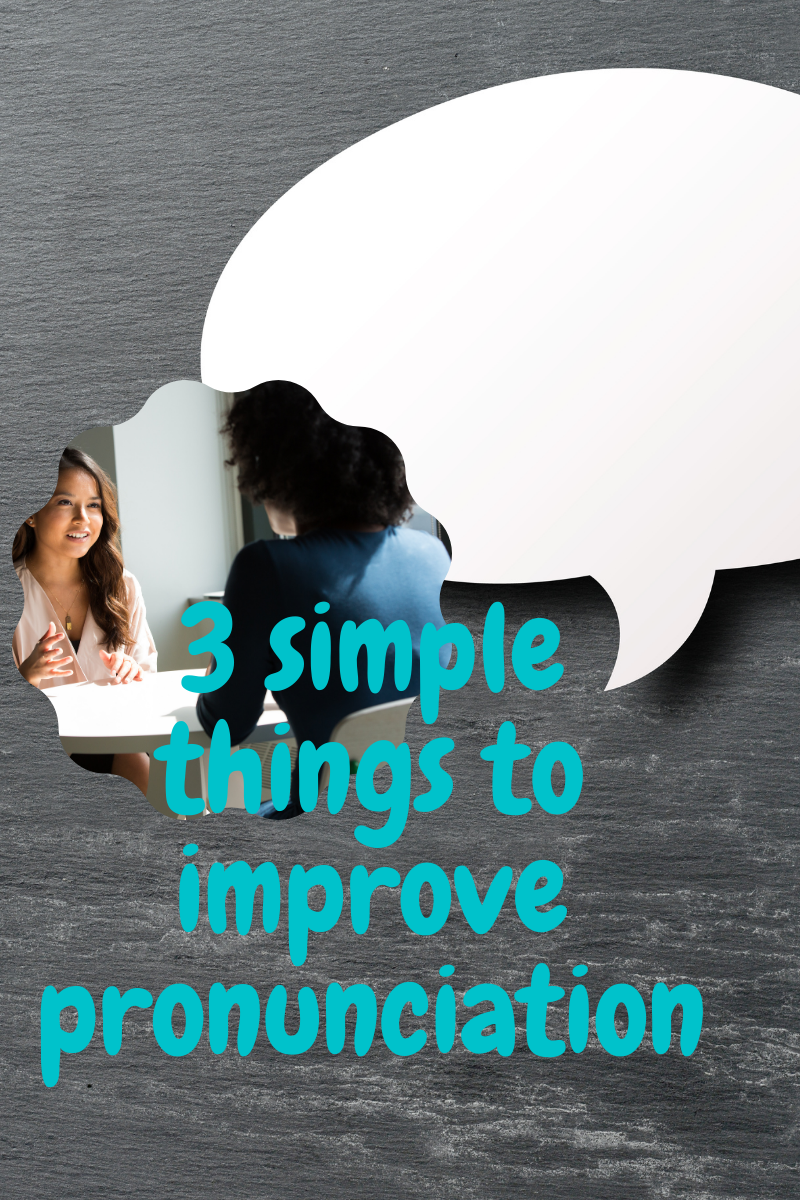
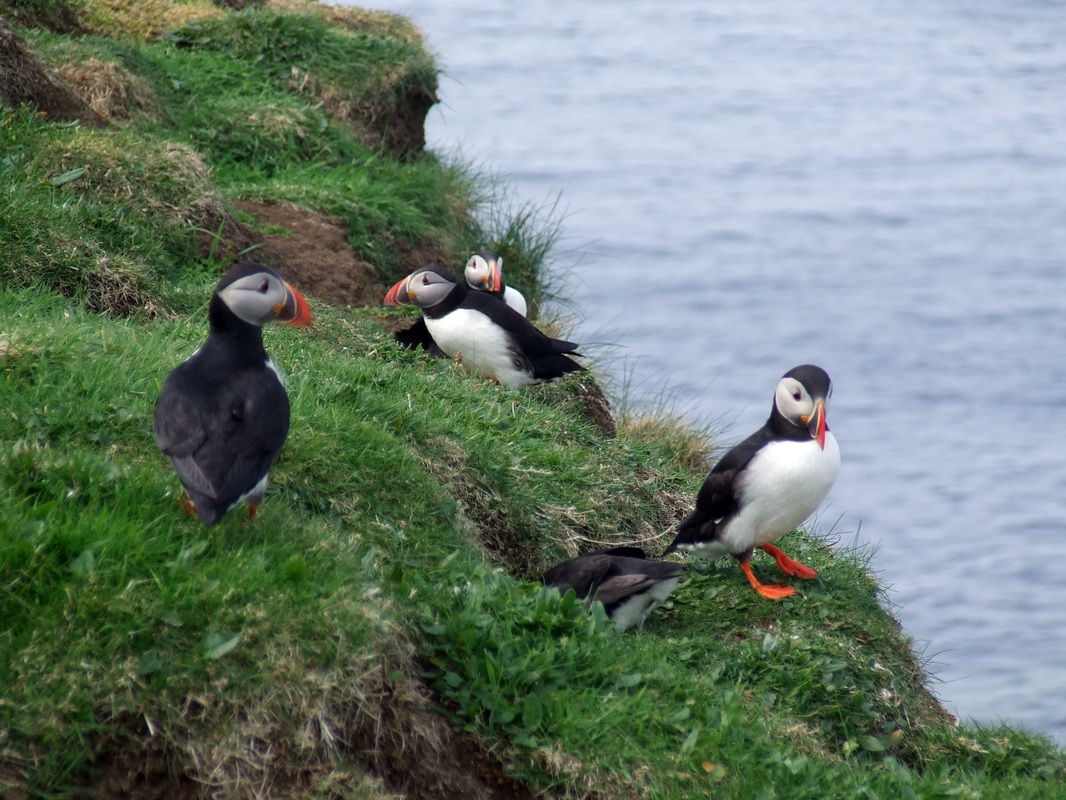
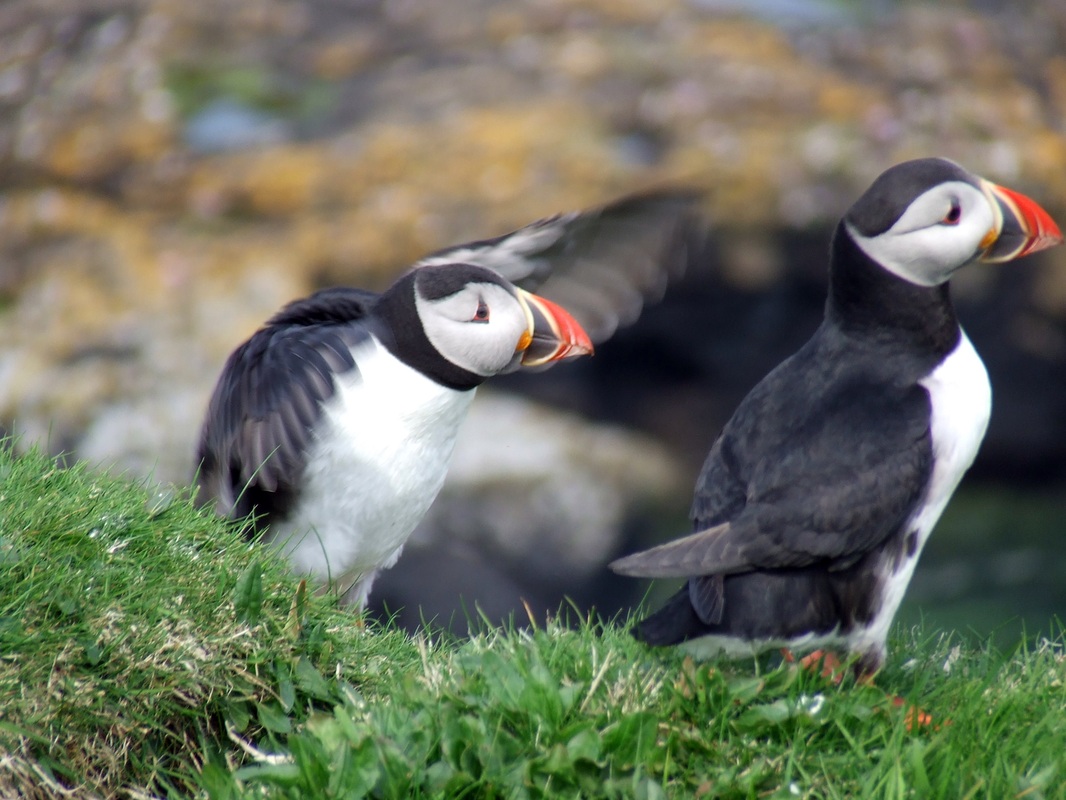
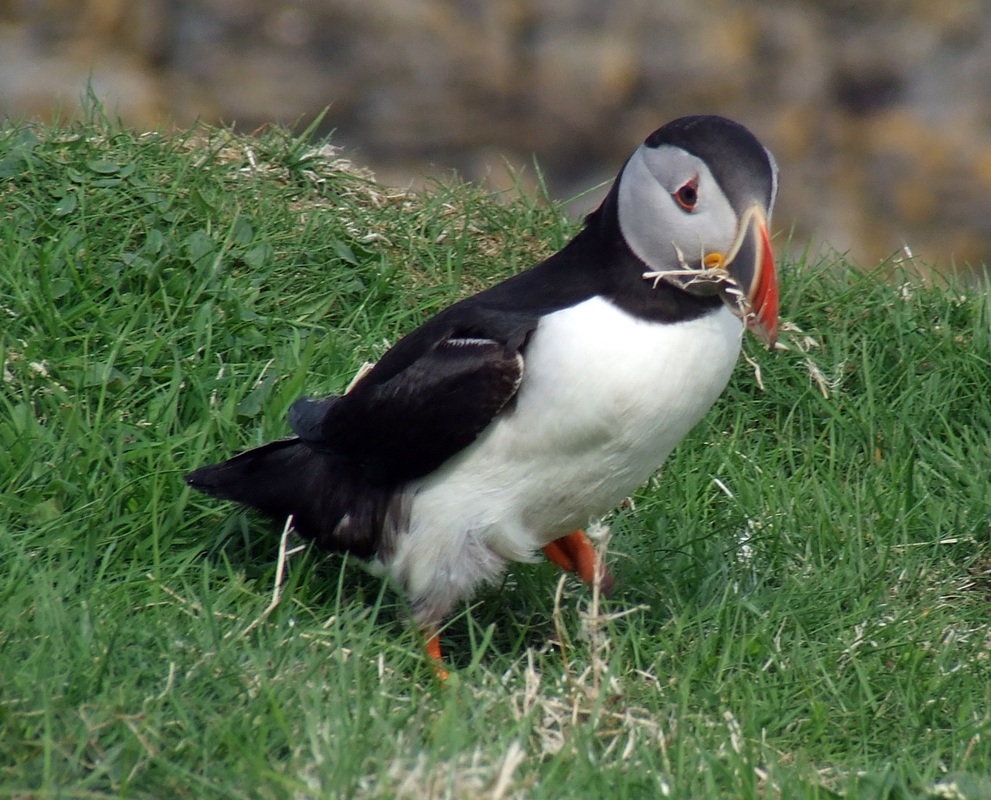


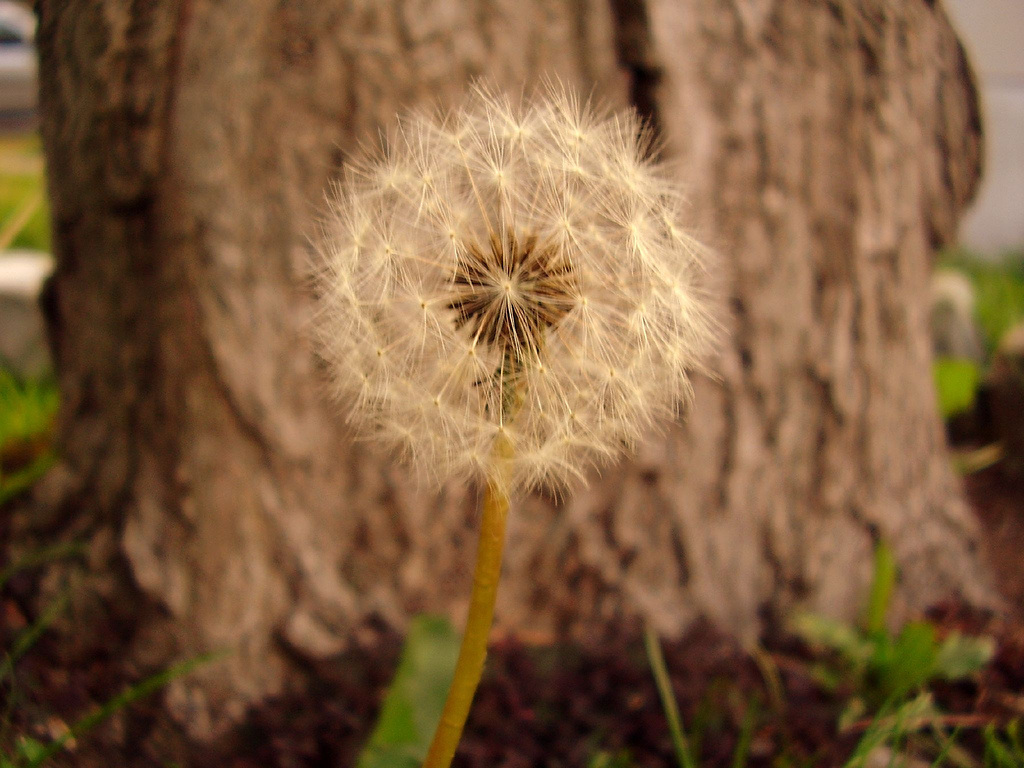
 RSS Feed
RSS Feed